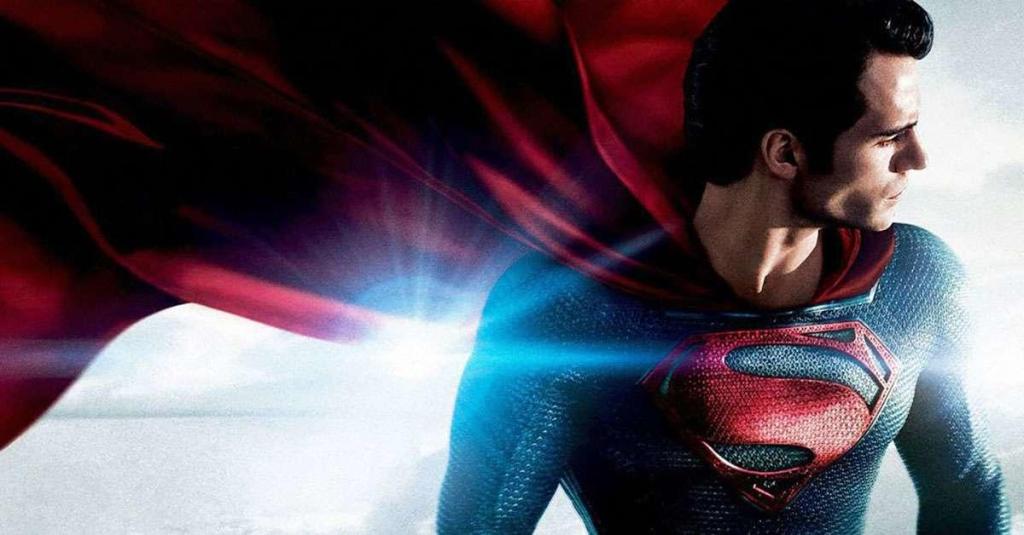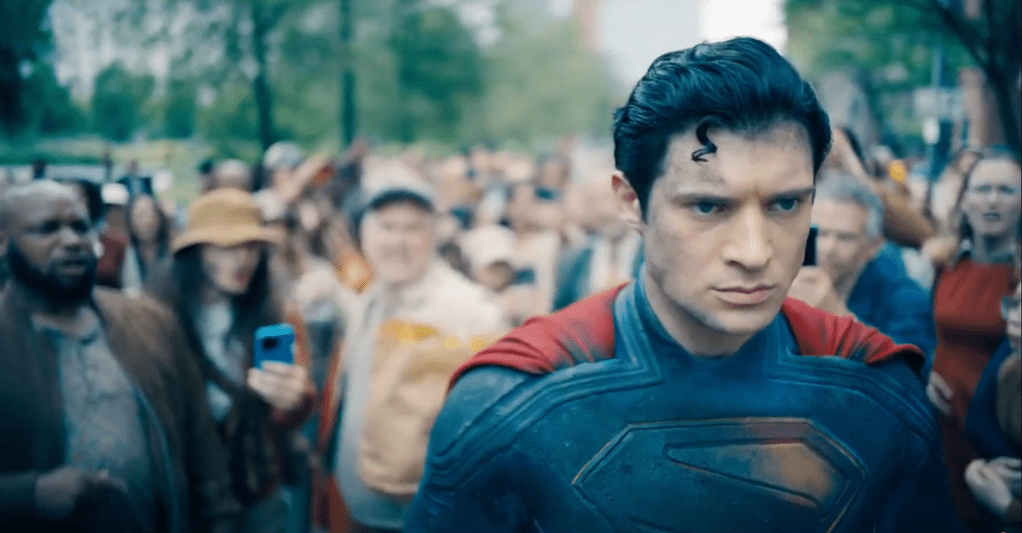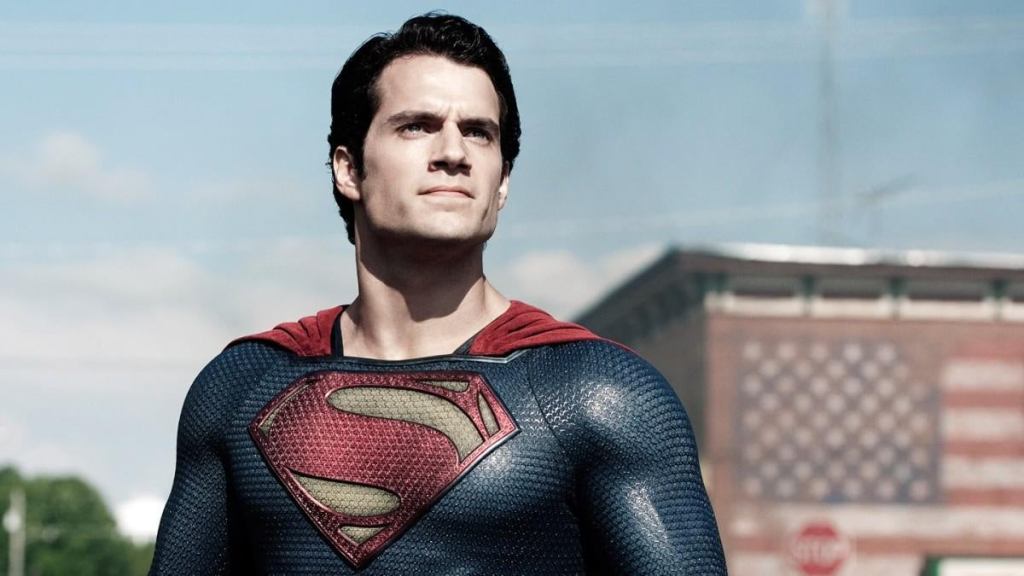
James Gunn’s Superman is set to arrive in theaters around the world this summer, but despite being the big opening act of Gunn’s new DCU, there is plenty of reason to think it won’t fly as high as Zack Snyder’s Man of Steel. Gunn first boarded Warner Bros. Discovery’s newly formed DC Studios in late 2022 as co-CEO alongside Peter Safran, with the new DCU franchise set to act as a successor to the DCEU. While there is some as-yet unexplained character, storytelling, and timeline overlap between the two (set to be explained in season two of Gunn’s DC streaming series Peacemaker), Superman is set to take Kal-El on a wholly new big-screen adventure. While Superman‘s first teaser trailer and other marketing material looks promising in a vacuum, the shadow of the DCEU still looms heavily over the burgeoning DCU, especially and most directly from 2013’s Man of Steel.
As the first installment of the DCEU, Man of Steel was itself positioned with launching Superman for a new era on the big-screen. While the initial reaction to Man of Steel was decidedly mixed, there is no argument of the legacy it and its follow-ups Batman v Superman: Dawn of Justice and Zack Snyder’s Justice League have left on superhero cinema and particularly on DC on film. That legacy, in turn, might prove to be a particularly challenging standard for Superman to rise to when looking at Man of Steel‘s 12-year journey in its totality.
Man Of Steel Left An Impact On Superhero Movies That Is Still Felt To This Day

Every Superman adaptation has left a resonating impact all its own on the superhero movie and television landscape, but Man of Steel‘s is very unique in that respect. Conceived in the wake of the success of Christopher Nolan’s Dark Knight trilogy, Man of Steel is really the first Superman movie to start with the “man” as its foundation, with the “super” and the “steel” parts being far stronger for it (just on a purely visceral, summer popcorn movie level, the epic action sequences of Man of Steel alone will be a lot for Superman to live up to – ditto for those of Batman v Superman: Dawn of Justice, Wonder Woman, and Zack Snyder’s Justice League.) While it isn’t uncommon for Superman fans and commentators to posit the idea of Superman as an outsider grappling with the impact of his powers and his very existence on the world he has come to call home, Man of Steel is the first big-screen Superman story to actually tackle that idea head-on.
Man of Steel‘s polarized reception is arguably testimony to the validity about the questions it asks about how the world would respond to the presence of a being as powerful as Kal-El on Earth, as seen in how much debate still rages on the movie’s destructive action scenes and Henry Cavill’s Superman taking the life of General Zod (Michael Shannon) to save a cornered family. In truth, Man of Steel addresses questions that have been raised in Superman comics for eons, Supes having had to resort to lethal force at points in the comics, while Man of Steel‘s story itself is a stunningly close adaptation to the first volume of Superman: Earth One. Man of Steel is really the first time a piece of Superman media has ventured into such territory on such a massively mainstream scale, which gives testimony to its enduring impact.
Moreover, Man of Steel‘s ending of a world left divided on Superman’s presence plays into the stories of both Batman v Superman: Dawn of Justice and Zack Snyder’s Justice League in a manner not of simply one movie leading into its sequels, but of chapters in a larger saga tying into the DNA of one another. With the publicly known outline of Snyder’s Justice League sequels culminating in Superman leading humanity to defeat Darkseid (Ray Porter) and ushering in a new era of peace under his leadership, Man of Steel plays both as an epic Superman origin story in its own right, and the most humble of beginnings for Superman to go from a nomadic outsider to a visitor who eventually helps the world accomplish wonders. It certainly doesn’t feel like it’s been anywhere near 12 years since the release of Man of Steel, and that’s because of the movie’s merging of maximalist scale and minimalist beginnings into a Superman origin story that even its most passionate haters have kept alive and well as if it just hit theaters yesterday.
[RELATED – Zack Snyder Reveals Man of Steel Scenes That Make Him Cry]
A Lot Of Superman‘s Plot Looks Like Batman v Superman-Lite (With Some Jarring Secondary Elements)

While the general plotline of Gunn’s Superman is only vaguely known at the moment, much of the movie’s marketing is showing it revisiting a lot of the same ground as Man of Steel and especially Batman v Superman did. Like Zack Snyder’s Superman, James Gunn’s Kal-El faces scorn and distrust by much of Earth’s populace, and seems to be facing those issues in the middle of a decidedly rough patch of his superheroic life. Indeed, David Corenswet’s Superman is put through a lot of physical and emotional pain in the marketing thus far, and hasn’t so much as cracked a single smile to date in what seems like it could be a far more morose and gloomy performance than Henry Cavill’s Superman was accused of being by detractors.
While there’s certainly no harm in Gunn trying to take on similarly heavy and impactful themes of heroism and alienation in his Superman movie, the problem lies in how discordant it already feels with other elements of the movie like the energetic Krypto, the comics accurate (to a painful degree) Guy Gardner Green Lantern, and the movie’s evident attempts at cheeky humor. A key example can be seen in the clip of Superman thanking his team of robots in the Fortress of Solitude for their medical assistance, with one robot responding, “No need to thank us, sir, as we will not appreciate it. We have no consciousness whatsoever, merely automatons to serve.” If Gunn wanted to downplay suspicions that Superman and the DCU were simply going to be a copy and paste of the MCU’s formula and elements like “action beat followed by one-liner,” this was certainly not the joke to lead with, one that plays like Marvel’s tendency to indulge jokes in serious moments even to the point of venturing into being obnoxious and intrusive in some of their more recent outings.
The added ensemble of other heroes in Superman, such as Green Lantern, Hawkgirl, and Mr. Terrific, also feels like an effort to make James Gunn’s DCU feel larger and teeming with a metahuman populace, but this too harkens back to Batman v Superman doing much the same with Wonder Woman’s supporting role and the cameos of the Flash, Aquaman, and Cyborg. Detractors at the time claimed that such character inclusions felt forced and lacking in build-up. However, the full-scope of the movie’s story and its role in concert with Man of Steel, Wonder Woman, and Zack Snyder’s Justice League demonstrates this is far from the case, with the movie instead presenting parallels to Superman of metahumans in hiding inspired by Superman’s example to step out of the shadows, which was misinterpreted as a rush to get to the Avengers-equivalent payoff of Justice League. That and other superhero ensemble movies like the X-Men franchise and Gunn’s own Guardians of the Galaxy movies show that not every team movie needs a half dozen solo movies to set it up.
However, Superman‘s inclusion of a collection of other heroes combined with its aforementioned Batman v Superman parallels reads like Superman itself may exemplify how badly Man of Steel and Batman v Superman were misunderstood as simply needing an injection of Marvel-style comedy and colorful pizazz. The fact of the matter is not every Superman story is, or should be, all sunshine and rainbows. Some, like Man of Steel and Batman v Superman, have a necessary shade of darkness to eventually bring viewers into lighter territory. With what’s been seen of Superman thus far, it could be a bad case of trying to fit a square peg (flashiness, jokes, and fun) into a round hole (a story about Superman questioning his own purpose as he searches for his place in the world).
Superman Could Be Great, But Man Of Steel Is A High Bar To Meet (Especially With How Misunderstood It Initially Was)

To be clear, none of the above is to suggest that the jury is already in on James Gunn’s Superman. Rather, that Superman and the DCU might be stuck in the same trap that Warner Bros. has found themselves in with DC since the infamous 2017 re-shooting of Justice League – that being, making the most simplistic, surface-level analysis of the backlash experienced by its predecessors, and misdiagnosing the problem. There’s been a rather clear mandate within Warner Bros. and indeed much of the discussion around superhero movies that “dark & realistic = bad, fun & jokes = good,” which rather notably derives from the impact left by Snyder’s DCEU movies (which are also often misconstrued as lacking in humor, but that’s a subject for another time). The problem is that Warner Bros. and Man of Steel‘s detractors continue to not see the forest for the trees.
The release of Zack Snyder’s Justice League saw many critics of Man of Steel and Batman v Superman warming up to both films, with Superman’s return to life showing him as the upbeat hero they’d longed for, and many realizing that it was always a journey for him to reach that point after struggle, self-doubt, and his own death and resurrection. That also offers further testimony that a simple injection of humor and colorful elements not only isn’t the be-all and end-all of superhero storytelling, but can actively harm one trying to deconstruct its protagonist with an existential challenge (as seen in Justice League 2017). Based on the marketing for it so far, Gunn’s Superman movie seems to potentially be trying to have one foot in both camps, pushing back on the perceived problem of dark tones in superhero movies, and also embracing the idea of Superman’s presence not being greeted with universal applause by Earth’s population. Superman could strike a middle ground in its approach for fans of both sides of the “dark and gritty vs. fun and funny” divide, but it could also prove to be a Superman movie at war with itself; a film that tries too hard to please everyone, a stark contrast to Man of Steel standing its ground on its Superman origin story and growing more appreciated over time even by its harshest critics.
James Gunn’s Superman could very well be a good Superman movie, or even a great one. Will it leap over the heights Man of Steel soared to? If it cannot commit to a defined identity in the same way as its 2013 predecessor, meeting the bar of Man of Steel indeed might be just out of reach for 2025’s Superman.
Man of Steel, Batman v Superman: Dawn of Justice, and Zack Snyder’s Justice League are all available to stream on Max, and James Gunn’s Superman will debut in theaters on July 11th.
The post I Don’t Think James Gunn’s Superman Will Be Better Than Man of Steel (and DC Fans Need to Accept it) appeared first on ComicBook.com.
